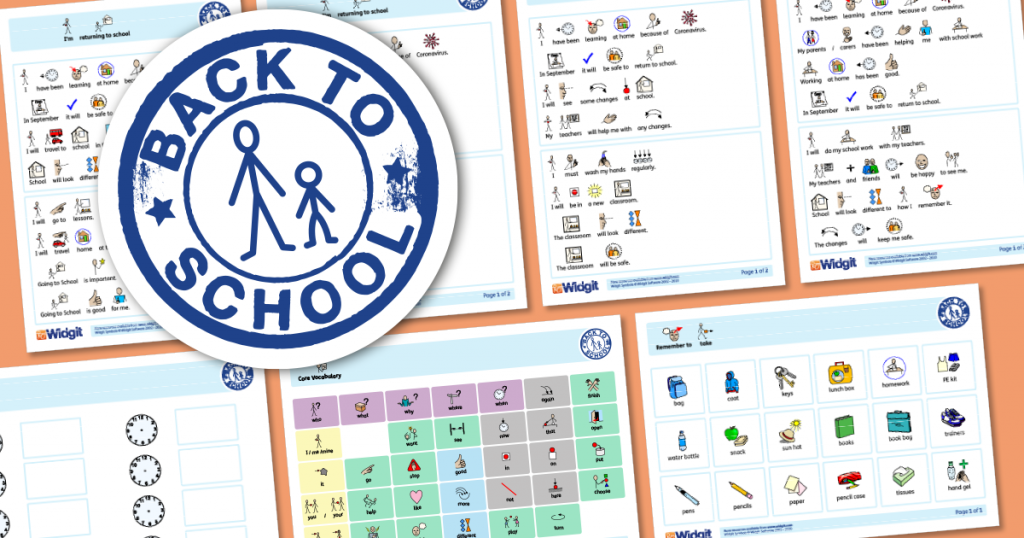Today is swallowing awareness day. This is a day designed to recognise the difficulties children and adults with swallowing difficulties have on a daily basis and to raise awareness.
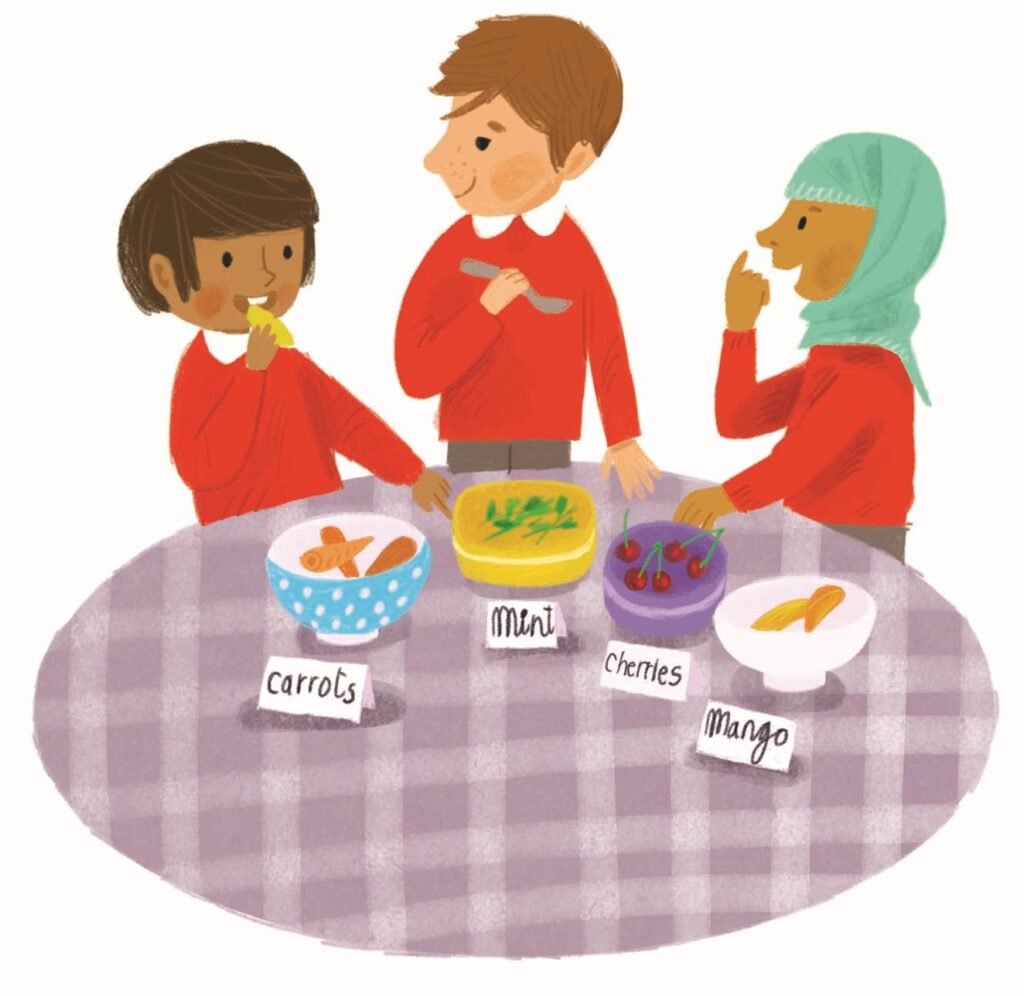
Additional to all the work Speech and Language Therapists do around communication skills and development, we also work with children and young people who have eating, drinking and swallowing difficulties. The medical word for this is ‘Dysphagia’. Some children may find it difficult to chew, manage food/fluid in their mouths and swallow safely. Swallowing safely requires the use of a number of muscles, structures, senses and messages from the brain to ensure the food/fluid goes the right way when we swallow. It’s a complicated process that many of us take for granted.
Did you know that people swallow approximately 900 times a day, about once per minute whilst we are awake? Each swallow uses 26 muscles. And surprisingly people also swallow about 3 times an hour even when they are sleeping!
Some common signs that eating, drinking or swallowing are difficult during meals are; coughing, gagging, watery eyes, change of colour, wet voice or breath sounds, frequent chest infections and effort to swallow.
Speech and Language Therapy can help children with these difficulties, get in touch if you have concerns.
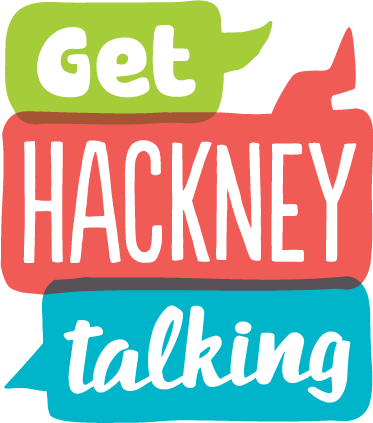
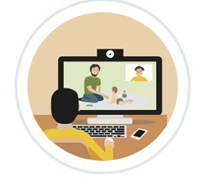
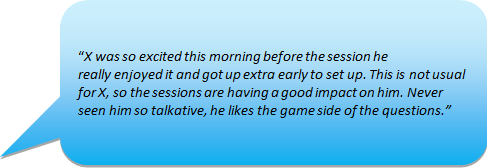
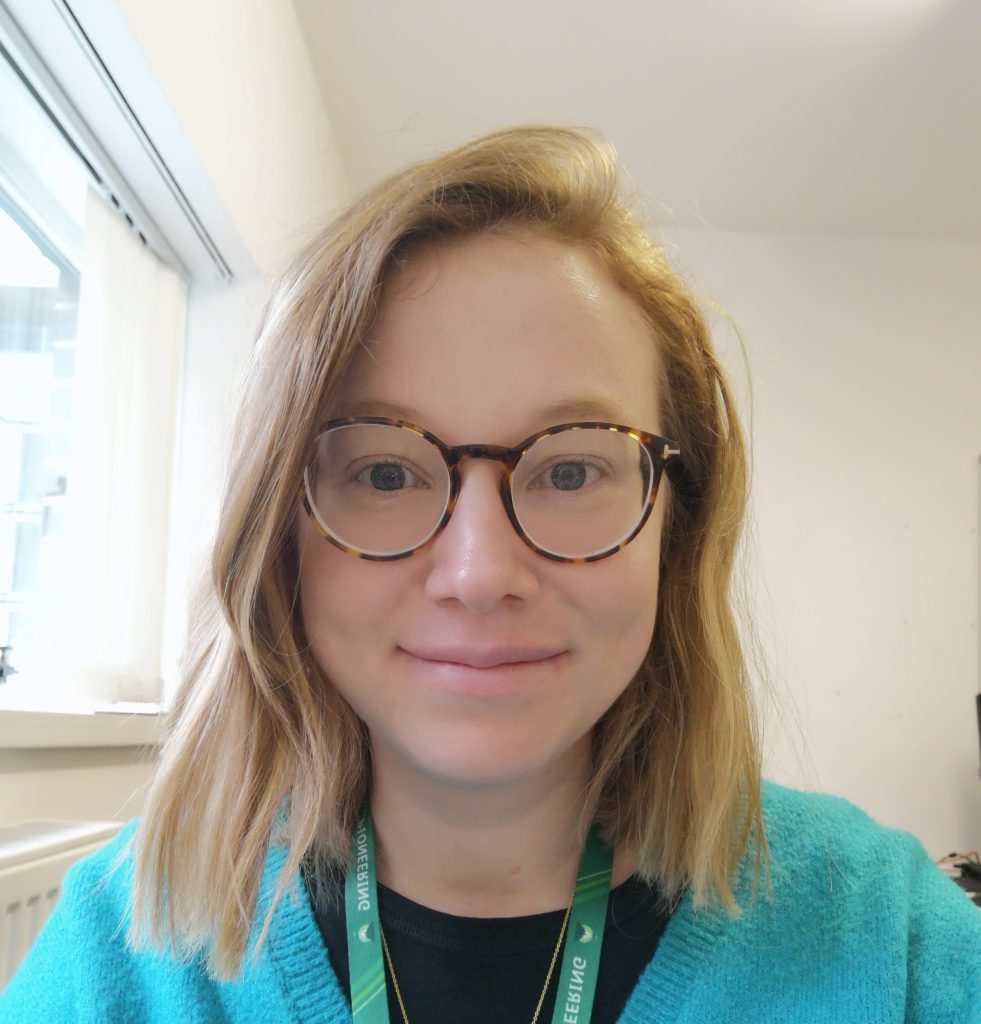
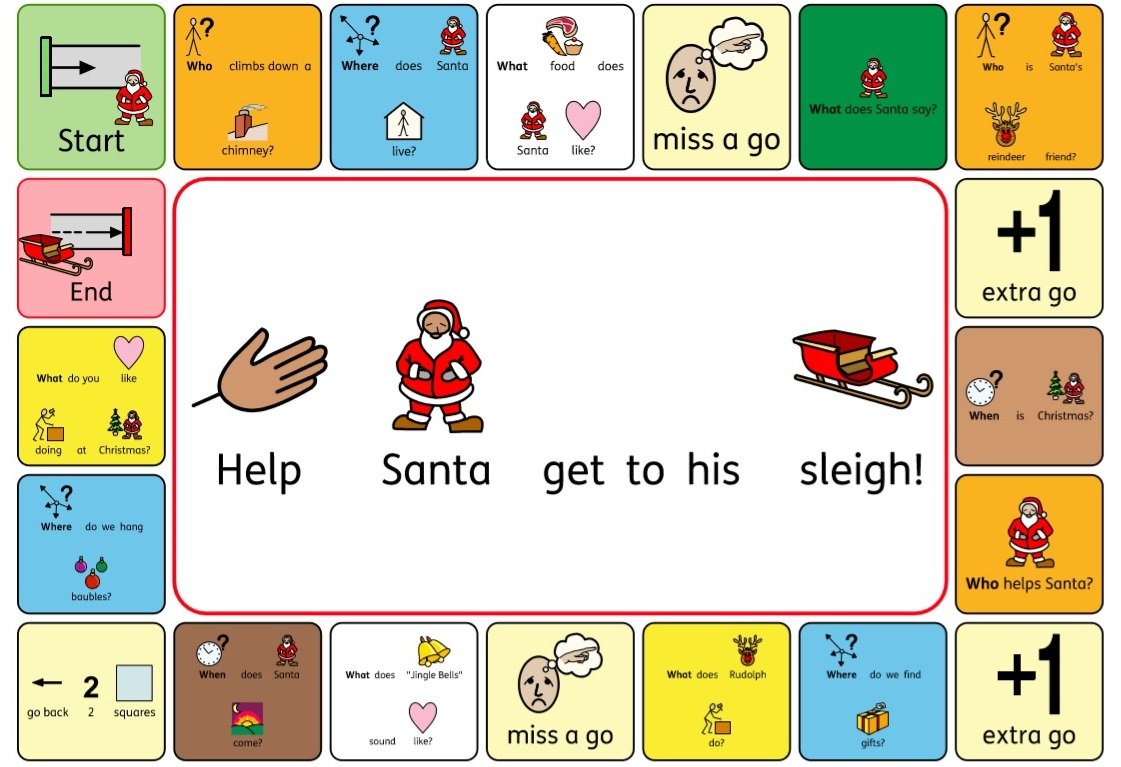
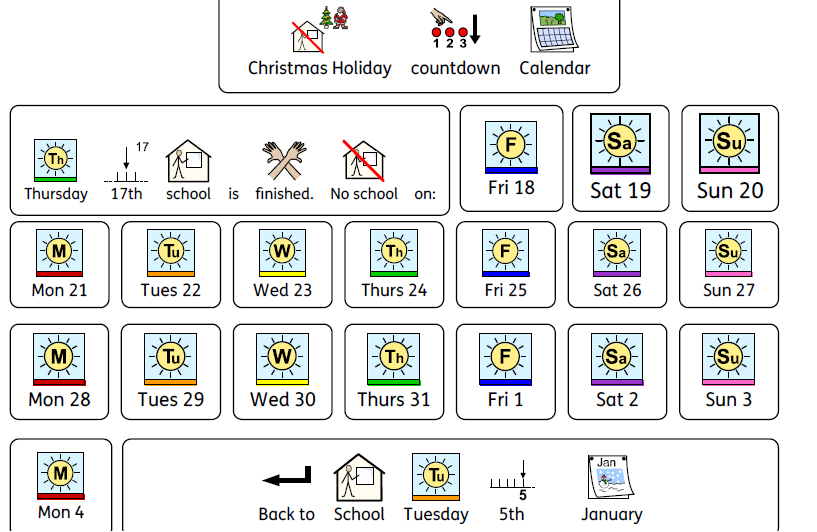 The Hackney Speech and Language Therapy team has created a Holiday Countdown Calendar to help your child understand how long the holiday lasts for and when they need to go back to school. It can help prepare your child for starting school again and settle back in to the school routine.
The Hackney Speech and Language Therapy team has created a Holiday Countdown Calendar to help your child understand how long the holiday lasts for and when they need to go back to school. It can help prepare your child for starting school again and settle back in to the school routine.
 by Anna Sowerbutts, Highly Specialist Speech and Language Therapist in Hackney & The City
by Anna Sowerbutts, Highly Specialist Speech and Language Therapist in Hackney & The City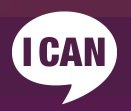 To mark Mental Health Awareness Week, Get Hackney Talking would like to share a blog post from I Can, the children’s communication charity, which highlights the links between mental health and speech, language and communication skills. You can read the article
To mark Mental Health Awareness Week, Get Hackney Talking would like to share a blog post from I Can, the children’s communication charity, which highlights the links between mental health and speech, language and communication skills. You can read the article 